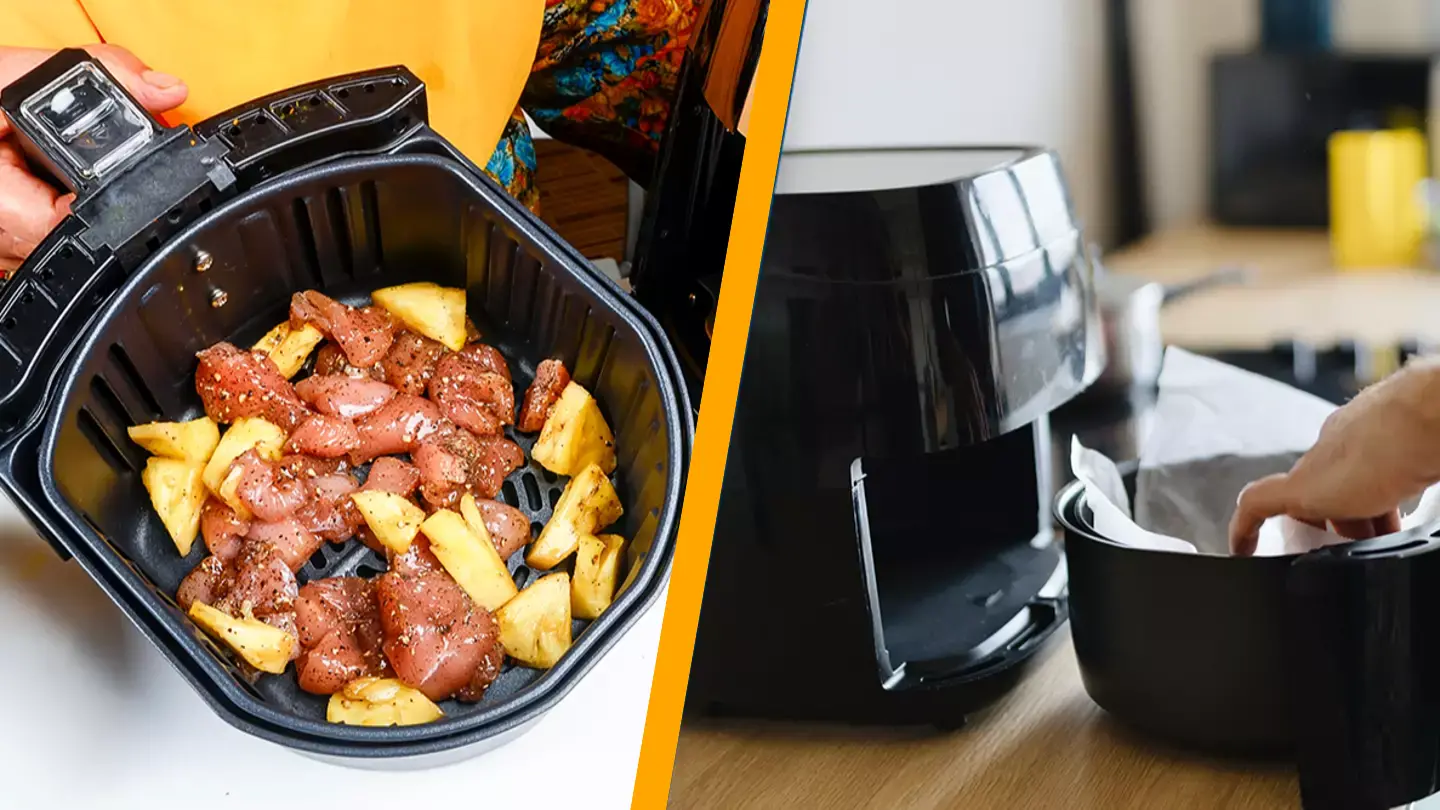These days, many of us have gotten accustomed to certain gadgets listening in on us, and it can be frustrating when they don’t catch what we say. However, you probably don’t count your air fryer among these devices.
Air fryers are fantastic kitchen appliances, but they’re not typically associated with playing music or delivering the latest news, so why would they need to listen in on us?
The answer lies in something highly valued by many tech companies: data.
Research by the consumer advice organization Which? uncovered ‘excessive smart device surveillance,’ including cases where air fryers requested permission to eavesdrop on conversations.

The study examined three air fryers from Chinese brands Xiaomi, Tencent, and Aigostar. It found that these devices sought customer permission to record audio via their phones.
Customers were not provided a specific reason for why these kitchen gadgets wanted to record audio. However, Which? pointed out that both Aigostar and Xiaomi fryers disclosed in their privacy notices that they sent personal data to servers in China.
The study also revealed that the app for the Xiaomi fryer was connected to trackers from Facebook, as well as the ad network Pangle, used in TikTok for Business. Depending on the user’s location, the fryer might also link to the Chinese tech corporation Tencent.
The Aigostar air fryer additionally asked for the owner’s gender and date of birth, though providing this information was optional. All three devices sought the precise location of the customer using the air fryer.
When approached by UNILAD, Aigostar responded by stating that their air fryers “do not have any recording capability” and added, “We do not collect audio data from our devices.”
Aigostar further clarified that location permissions are used “solely for Wi-Fi setup, enabling device connectivity,” and that “users have complete control and can choose to decline this permission.”
“While some general information is listed in our privacy policy, we are actively streamlining our data practices to ensure we only request necessary information,” the company added.

“We respect user control over their data. Aigostar allows users to delete their accounts at any time, and upon account deletion, all associated data is permanently removed from our servers. Customers can find more information about our privacy policies [here].
“Our Privacy Policy outlines all data practices. Users are fully informed of permissions during app setup and can choose to accept or decline. Aigostar remains committed to upholding the highest standards of privacy and data protection.”
Reacting to the Which? findings, Harry Rose, editor of Which? magazine, stated: “Our research shows how smart tech manufacturers and the firms they work with are currently able to collect data from consumers, seemingly with reckless abandon, and this is often done with little or no transparency.”
Rose highlighted that Which? had been “calling for proper guidelines outlining what is expected of smart product manufacturers,” and the UK’s Information Commissioner’s Office (ICO) has announced it will issue new guidance in spring 2025 on how to comply with data protection laws.
Stephen Almond, the executive director of regulatory risk at the ICO, issued a caution following the news, emphasizing that consumers aren’t solely paying with money when purchasing certain products.
In an interview with Sky News, he remarked: “Ultimately, what we’re seeing is actually consumers paying twice. Paying first for the product that they’re buying, but then second, paying with their data.
“And that data is being used potentially for targeted advertising, also gathering more information about how the market is developing in this sort of area. So it’s really important if these devices are to be used with trust by people, that the industry comes clean around how people’s information is being used.”

